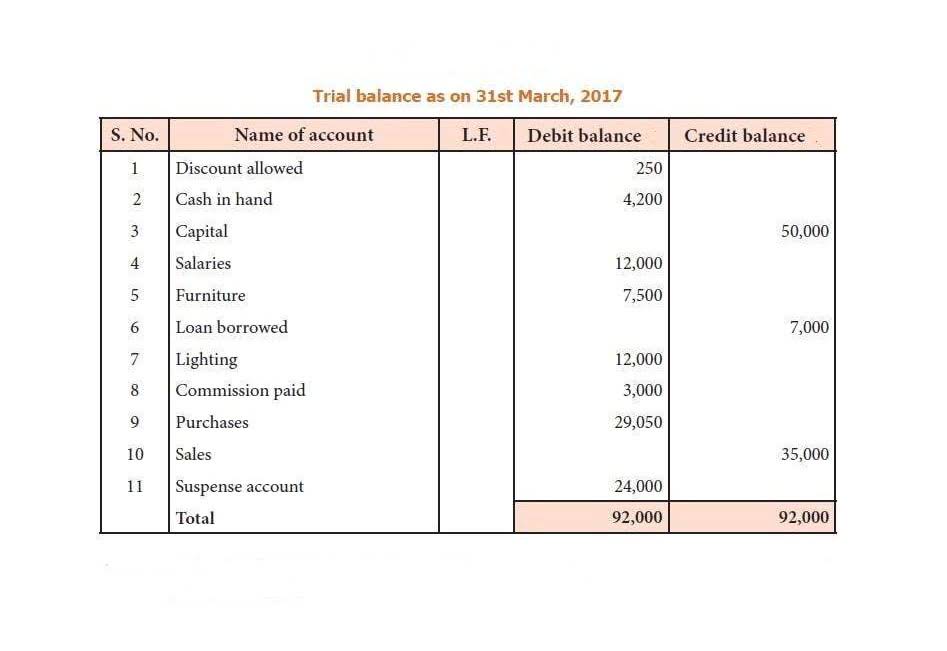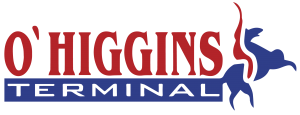
Organizations across industries are grappling with intricate revenue streams, diverse contract types, and stringent compliance requirements. SAP Revenue Accounting and Reporting (RAR) emerges as a comprehensive solution to these challenges, providing automated and standardized revenue recognition processes that ensure compliance accounting for tech companies while improving efficiency. Cloud-based accounting software has transformed the accounting landscape, allowing accountants and clients to collaborate in real-time. This technology enables users to access financial data from any location with internet connectivity, facilitating remote work and enhancing flexibility for both parties. FinTech Magazine connects the leading FinTech, Finserv, and Banking executives of the world’s largest and fastest growing brands.
Capitalizing Software R&D Costs: Financial and Tax Impacts
- These models can incorporate specific financial metrics, such as the price-to-earnings ratio or return on equity, to improve predictive accuracy.
- From enabling online ordering to facilitating remote work to overcoming labor shortages, technology can streamline accounting processes, improve the customer experience, and help scale businesses—even amidst a challenging backdrop.
- «With widespread access to online and on-demand training, workers can be informed of skill updates while they work and will regularly tune up their education with the skills they need to remain relevant in the workforce,» he said.
- The current environment continues to present unique tech-related accounting challenges.
If you spend more time sending email reminders than analyzing financial data, you have to streamline your document collection procedures. Most tax preparation platforms include features like automated calculations, real-time tax law updates, and electronic filing options. A rollout to a broader cohort of firms is currently underway, beginning with the change management preparation and planning that ensures successful adoption. Cloud computing is the practice of using remote servers hosted on the internet to store, manage, and process data and applications, securely placing it at your fingertips anytime, anywhere, and on any device. Accounting has undergone a significant transformation in recent years, largely driven by the rapid advancement of automated technology.

AUDITING AND ACCOUNTING

With today’s accounting technology in place, accountants can shift their focus from tedious tasks to more value-added work. This creates an opportunity capitalize on knowledge and expertise to build more meaningful relationships with clients and create a more sustainable, year-round business model that goes beyond tax season. Automated alerts and compliance checks in accounting software ensure that financial records meet relevant laws.
- If you notice one (or more) of these signals, rest assured it is time to switch to a more advanced technology.
- With ransomware becoming increasingly destructive — often combining distributed denial-of-service (DDoS) attacks and system-destroying malware — firms must step up their defenses.
- Specialists will be managing technologies and algorithms in addition to auditing client technologies that do not exist today, Raphael said.
- For accounting firms in particular, the automation of day-to-day accounting activities can not only save time and increase revenue but can also boost staff engagement levels.
Building a digital-first workplace

“The pressure on accounting firms, especially during busy reporting seasons, is real and digital transformation projects bookkeeping and payroll services are proving to be a game-changer. «Technology trends will continue to provide improved efficiencies for compliance-related services that firms provide,» Wilkey said. «But expertise, an awareness of client needs, and an ability to formulate an efficient solution will be in high demand and is something that technology can’t replace.» Practice management in accounting firms and company finance departments will face a challenge as organizational models shift to accommodate technology. Traditionally, these models have been shaped like a pyramid, with lots of less experienced workers at the bottom and firm or department leaders at the top.
Benefits of Accounting Technology

Transparency in these disclosures ensures compliance with standards and provides stakeholders with a clearer picture of the company’s financial health. Capitalizing software R&D costs affects a company’s financial statements in significant ways. These costs are recorded as an asset on the balance sheet, increasing total assets and potentially improving metrics like return on assets (ROA). Higher ROA can indicate efficient asset utilization, which appeals to investors and creditors. The amortization of these costs over the software’s useful life creates a gradual expense recognition on the income statement, smoothing earnings and reducing volatility.

It can be easy to write off blockchain technology as the latest business buzzword that will pass with time, but accountants don’t have that luxury. Blockchain is already being adopted into the accounting industry and looks likely to stay. unearned revenue It’s essentially used to record and distribute transactional data in a secure way.
wordpress theme by initheme.com
